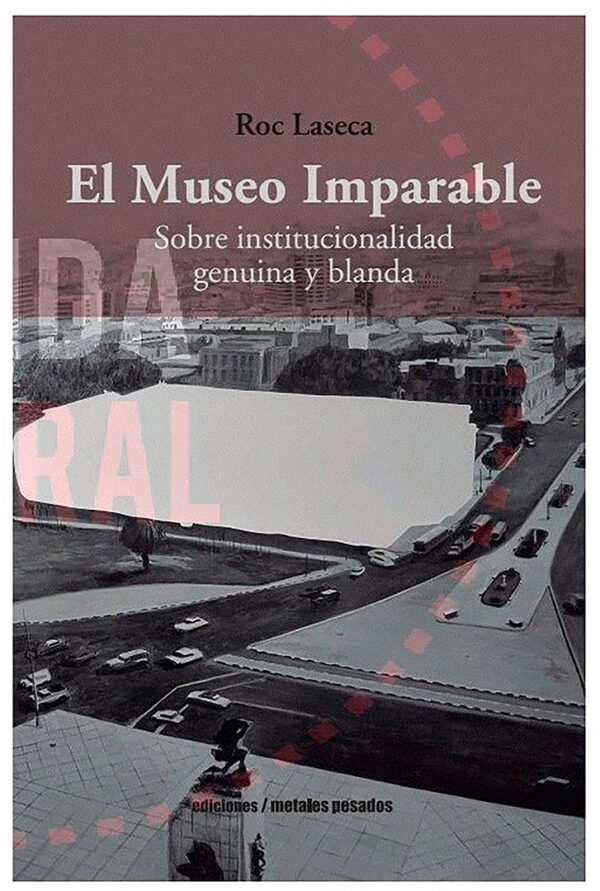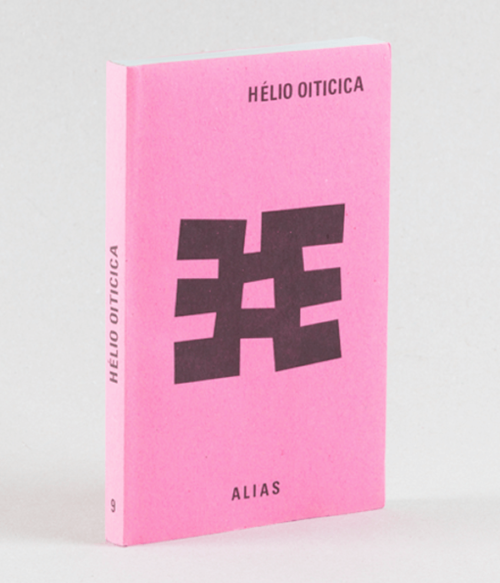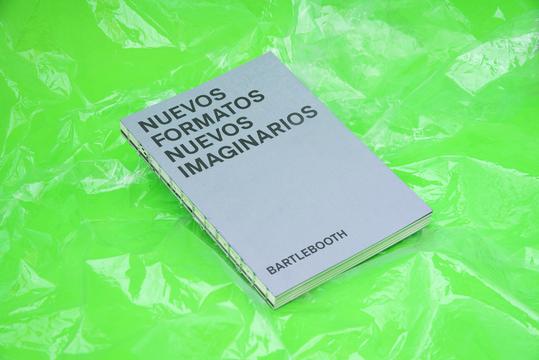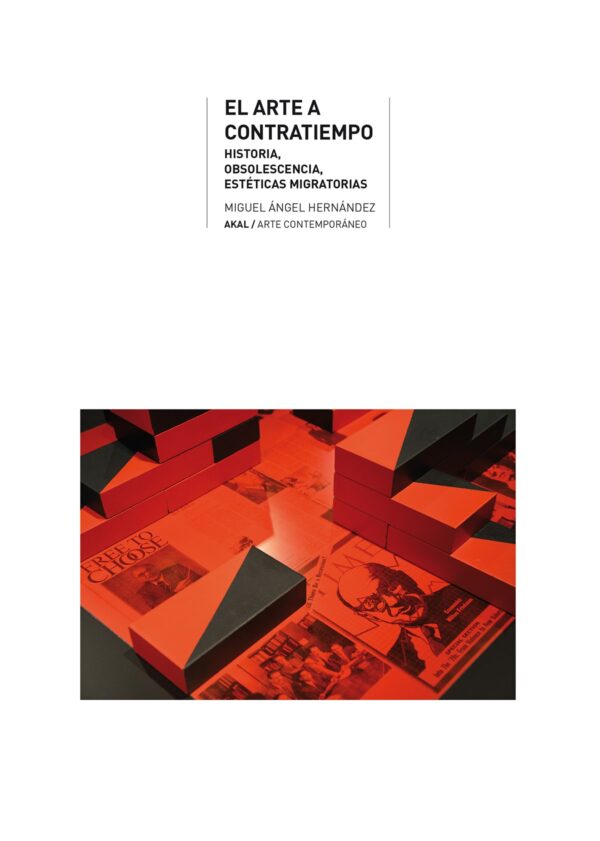El meridià de París
Title: El meridià de París.
Publisher: Edicions Poncianes.
Author: Lluís Calvo.
Prologue: Francesc Gelonch
Epilogue: Jaume C. Pons Alorda.
ISBN: 978-84-7226-799-2.
Language: Catalan.
Pages: 206.
Year: 2018 (2a edition).
18.00€
Estamos trabajando en nuestra web, de momento no es posible comprar libros través de nuestra tienda online. Para cualquier consulta escríbenos a info@artslibris.cat
Availability: In stock
After critical acclaim for his previous essays, Lluís Calvo presents a work that starts from the prime meridian. Crossing the French capital, it traced a cartographic axis that crossed Europe from north to south and continued across the African continent; this is why it was known as the Paris meridian, even though the Greenwich meridian was eventually adopted as the universal reference. With this pretext, Lluís Calvo creates an explanatory machine, an exercise in geographical irony at the expense of the straight line. In 157 pages, divided into seven chapters, he wanders through the traumas and scars left in history by the different ways of conceiving space. A trace that crosses the foundations of our culture: from the French Revolution to the Occitan monks, from the flight of the Republican fighters to Count Arnau, from the Roca Village to the art of Pierre Soulages, Joan Ponç and Jean-Luc Godard. And also from Tit Livi to Tiqqun, from Maragall to Baudelaire. And Paris, of course. The resistingly rogue Paris of the republic of the artists and delinquents of Montmartre, of the dissidences of the spirit, and at the same time the standard-bearer of progress and Modernity.
The book is accompanied by an opening poem by Calvo, a closing poem by Jaume Pons Alorda and an extensive epilogue by Francesc Gelonch, who reviews and interacts with Calvo’s theses. Gelonch says of El meridiano: “There is an encouragement or exhortation to the impossible but necessary inter-relation. In fact, Calvo, freeing himself to feel and appreciate on the ground the incommunicado vessels that unite a simple straight line, performs a clearly romantic operation that consists of making the landscape appear. Each of these conceptual ruins and irreconcilable tensions has the particularity that they can be walked through and the author testifies to them. Hence, perhaps the greatest astuteness, intelligence, refinement or perversity of Meridian of Paris is when it turns to talk about people, and about the journey that becomes landscape and the abstract space that becomes place”.






